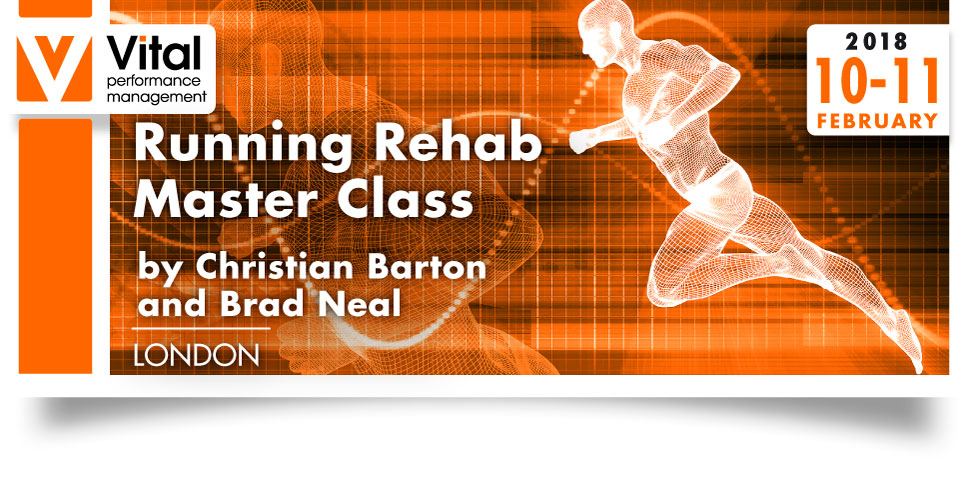
Tutor:
Dr Christian Barton PhD, BPhysio (Hons), MCSP, MAPA
Christian qualified as a physiotherapist in 2005 in Australia, and completed his PhD relating to patellofemoral pain, lower limb biomechanics, and predictors of foot orthoses outcomes in 2010.
At various private practices and sports medicine centres in Australia and London he has continued to combine research with clinical practice, maintaining part time research roles including student supervision in the ‘Centre for Sports and Exercise Medicine’ at Queen Mary University of London; as Research Director at Pure Sports Medicine in London, and as a Research Fellow in La Trobe University’s Musculoskeletal Research Centre. His current research interests include developing guidelines for running retraining interventions, lower limb biomechanics associated with various pathologies, and improving the translation of research to clinical practice. Clinically, Christian specialises in the management of knee and patellofemoral pain, and running related injuries.
Christian has many peer reviewed publications. He is also the lead author of the 'Clinical aspects of biomechanics and sporting injuries' Chapter in the most recent addition of Brukner and Khan's 'Clinical Sports Medicine'.
Here is a google scholar profile with list of his publications:
http://scholar.google.com.au/citations?user=HsUEfu4AAAAJ&hl=en&oi=sra
Christian's blogs, which might be useful to read:
www.biomechanics.completesportscare.com.au
www.patellofemoral.completesportscare.com.au

Tutor:
Dr. Bradly Neal PhD, MSc (Adv Phy) BSc (Hons) MCSP
Lecturer in Physiotherapy, School of Sport, Rehabilitation & Exercise Science, University of Essex
Visiting Lecturer, University of Hertfordshire
Associate Editor, The Knee
Editorial Advisor & Social Media Editor, Physical Therapy in Sport
Brad completed his MSc at the University of Hertfordshire in 2011, followed by his PhD at Queen Mary University of London (QMUL) in 2019. His PhD thesis was entitled 'The influence of lower limb biomechanics on the development, persistence and management of patellofemoral pain in recreational runners'. Brad remained at QMUL for three years as a post-doctoral research fellow until late 2022.
Brad spent 10 years as a Specialist Musculoskeletal Physiotherapist at Pure Sports Medicine, London’s leading private Sports Medicine clinic, where he also acted as the company's Head of Research.
In April 2021, Brad joined the School of Rehabilitation and Exercise Science at the University of Essex as a Lecturer (Education and Research) in Physiotherapy. He is also a Visiting Lecturer at the University of Hertfordshire, contributing to their post-graduate physiotherapy programme.
Brad has published in several leading peer-reviewed journals, including the British Journal of Sports Medicine, Gait & Posture and Physical Therapy in Sport, where he also an editorial advisor. His main research interests are in Patellofemoral Pain and other knee pathologies, biomechanics, running-related injury, and the epidemiology of musculoskeletal conditions.


